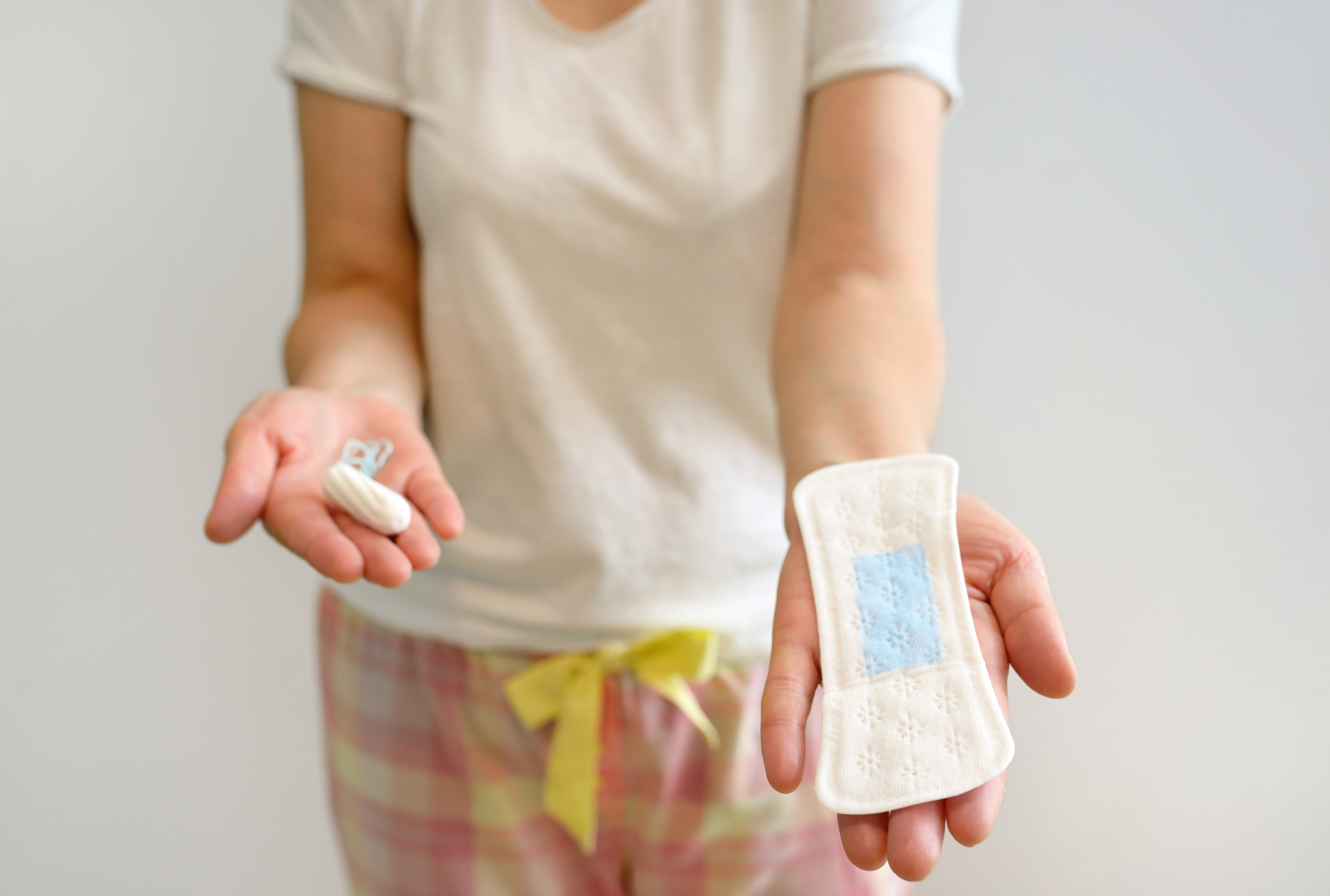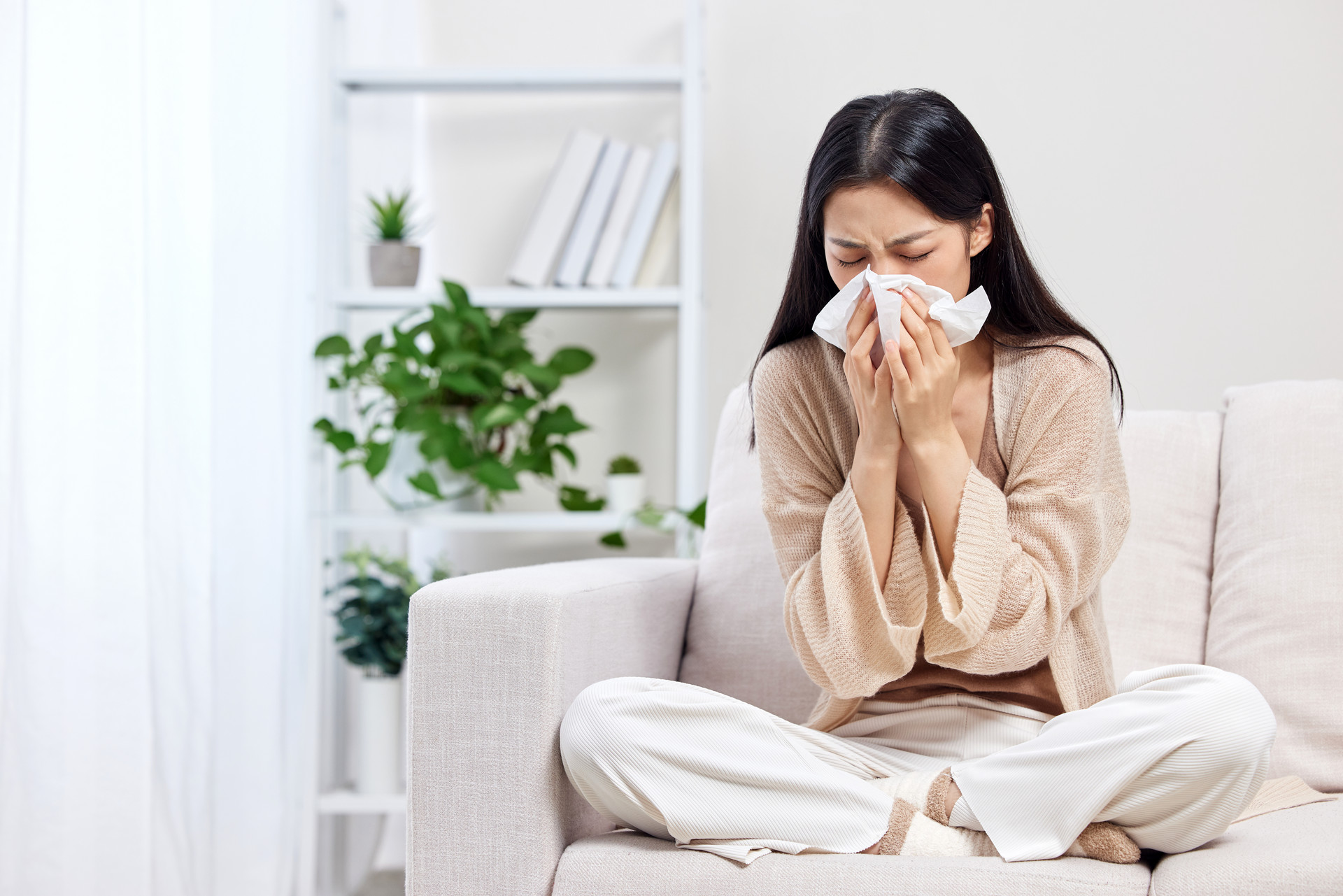Recent statistics show that menopausal symptoms in women are appearing five years earlier, with 20% of menopausal syndrome patients being under the age of 40 out of approximately 100 patients, and the majority of them are white-collar women. However, experts say that this "crisis" can be eliminated or reduced, but the prerequisite is to pay attention to health care. In addition to lifestyle and exercise, diet is also important. It is not only necessary to have a balanced and moderate diet, but also to pay attention to "dietary supplementation", with the principle of "cutting back and taking in".
Middle-aged female friends have weaker spleen and stomach compared to their younger years, so they should follow the "cutting back and taking in" dietary principle.
"Cutting back":
This means reducing the intake of saturated fat (fat intake should account for less than 30% of total daily calories); reducing the intake of cholesterol (recommended daily intake should be below 400 milligrams); cutting back on excessive salt intake (daily sodium intake should be around 3200 milligrams - about 8 to 10 grams of salt or less); cutting back on excessive alcohol consumption (moderate drinking is fine, but binge drinking should be avoided).
"Taking in":
1. Supplementing foods rich in carotene, vitamin C, and vitamin E in moderation.
2. Consuming more high-fiber foods, such as whole grains, vegetables, and fruits. Fiber-rich fruits and vegetables such as bean sprouts, radishes, taro, seaweed, leafy vegetables, potatoes, cucumbers, bell peppers, apples, and oranges aid in the secretion of digestive juices, increase gastrointestinal motility, and promote the excretion of cholesterol. In addition, onions and garlic have a good lipid-lowering effect. Wood ear mushrooms and shiitake mushrooms can invigorate the body. In the summer, when a large variety of fruits are available, it is recommended to consume fruits rich in vitamin C, such as kiwi, hawthorn, and prickly pear, which have certain effects in alleviating hypercholesterolemia and promoting iron absorption.
3. Drink plenty of water, a glass of plain water in the morning and evening, to ensure that the blood does not become too viscous due to dehydration. Thickened blood can lead to brain hypoxia and pigment deposition, accelerating aging. In addition, women should "eat vinegar" more, as moderate consumption of vinegar can delay the occurrence of arteriosclerosis. It is also advisable to consume plant oils in moderation, such as rapeseed oil and sunflower seed oil.
4. Consume more soy products, which are a good source of plant protein. Examples include tofu, tofu pudding, soy milk, and dried tofu.
5. Consume a large amount of calcium-rich foods, such as milk and bone broth, to prevent osteoporosis.
After middle-aged women, estrogen secretion in the body begins to decrease, which may lead to edema and hypertension. Therefore, salt intake should be reduced and controlled to 3-5 grams per day. Increasing the absorption of calcium and iron is also important. With the decrease in estrogen levels, bone tissue synthesis and metabolism decrease, making it prone to osteoporosis and increasing the risk of fractures. Daily intake of 1000 milligrams of calcium can reduce diastolic blood pressure by about 6%. Calcium also maintains the excitability of nerves and muscles. Therefore, middle-aged female friends who follow the "cutting back and taking in" principle can cope with the arrival of menopause due to the decrease in estrogen levels, and prevent various diseases including cardiovascular diseases and dementia in the elderly.






